As a locality that meets many criteria for developing mass sports and is among the top provinces and cities in high-performance sports, Binh Duong hopes to receive investment in the form of public-private partnership in the field of sports.
The Project on Developing Physical Training and Sports in Binh Duong province to 2025, with a vision to 2030, was approved by the People's Committee of Binh Duong province on December 25, 2020.
According to the Department of Culture, Sports and Tourism of Binh Duong province, one of the basic factors and necessary conditions for building and developing the field of physical training and sports is investment capital. In recent years of implementing the project, the structure of funding sources for physical training and sports activities in the province has not changed much, the State budget still plays a leading role. Meanwhile, budget allocation has also been greatly affected by the Covid-19 pandemic as well as the general difficulties of the economic situation.
According to Mr. Cao Van Chong, Deputy Director of the Department of Culture, Sports and Tourism of Binh Duong province, in order to make the most of social resources and diversify the structure of investment capital for the province's sports and physical training in the next stages of the Project, it is necessary to create a legal corridor and appropriate mechanisms for economic sectors to participate in investing in the sports and physical training sector, diversifying investment forms in the new situation.
One of the feasible solutions that policy experts are interested in is developing sports through the public-private partnership (PPP) method. According to experts, investing in the public-private partnership method in the field of sports is necessary and in line with the current trend, helping people have the opportunity to access, use, practice, and entertain at professionally managed, high-quality sports facilities and projects while reducing pressure on the state budget.
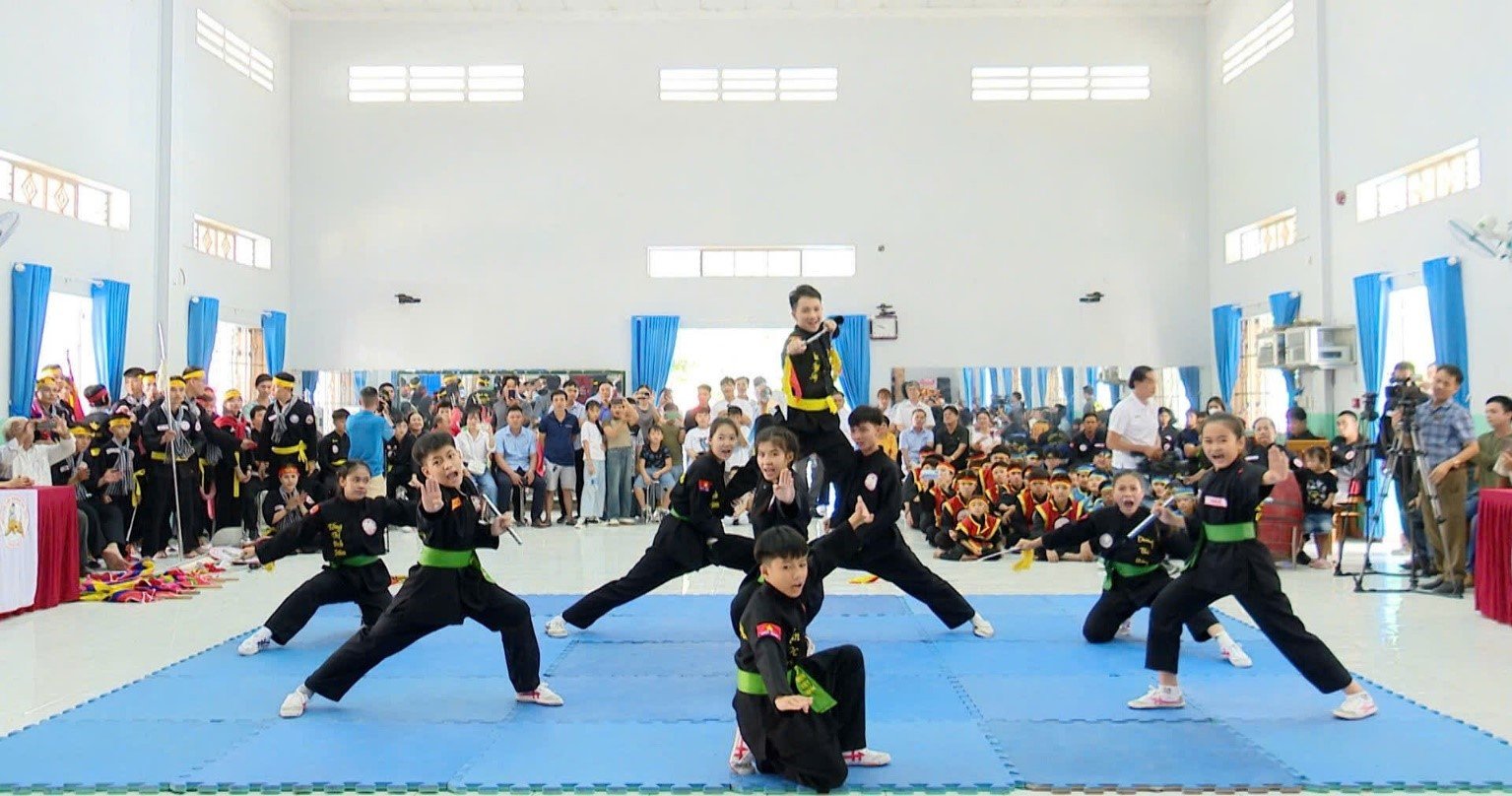
Currently, Binh Duong has basically become an industrially developed province, holding an important position in the Southern key economic region, with many outstanding achievements in innovation and international integration. With abundant human resources combined with a young population structure, in addition to the achievements, Binh Duong is still a locality with much potential for developing e-commerce.
Similar to Ho Chi Minh City and Hanoi, Binh Duong has all the conditions in terms of population size, scale and development level of non-state economic sectors, and a basically complete infrastructure system.
In addition, the Sports Department of Binh Duong province has always been in the group of provinces and cities that have achieved many criteria for developing mass sports as well as being in the top group of provinces and cities in high-performance sports. All levels, sectors and enterprises in Binh Duong province are dedicated and make efforts to develop the province's sports. This is considered an important factor in determining the feasibility of the PPP method.
To achieve common tasks and goals in sports development, in addition to the requirements of the legal framework and the direction and management of sectors at all levels, the private economic sector plays a key role.
In addition to the advantages, in order to build a more complete policy in creating a suitable mechanism for developing sports in Binh Duong province under the public-private partnership (PPP) method, this locality proposed to amend the Law on Investment under the public-private partnership method 2020 in the direction of adding the field of sports to the group of fields invested under the PPP method.
In addition, Binh Duong province also recommended that competent authorities review the Laws and sub-law documents to reduce overlaps and streamline procedures when implementing PPP project investment in the field of physical training and sports.
Currently, investment under the PPP method, in addition to being regulated by the Law on Investment under the Public-Private Partnership 2020 and the Law on Physical Training and Sports, is also regulated by many other laws such as the State Budget Law, Investment Law, Public Investment Law, Environmental Protection Law, Enterprise Law, Land Law, Construction Law, Public Debt Management Law, etc.
N. Huyen
Source: https://vietnamnet.vn/binh-duong-cho-doi-khoi-thong-nguon-luc-xa-hoi-de-phat-trien-the-duc-the-thao-2346562.html


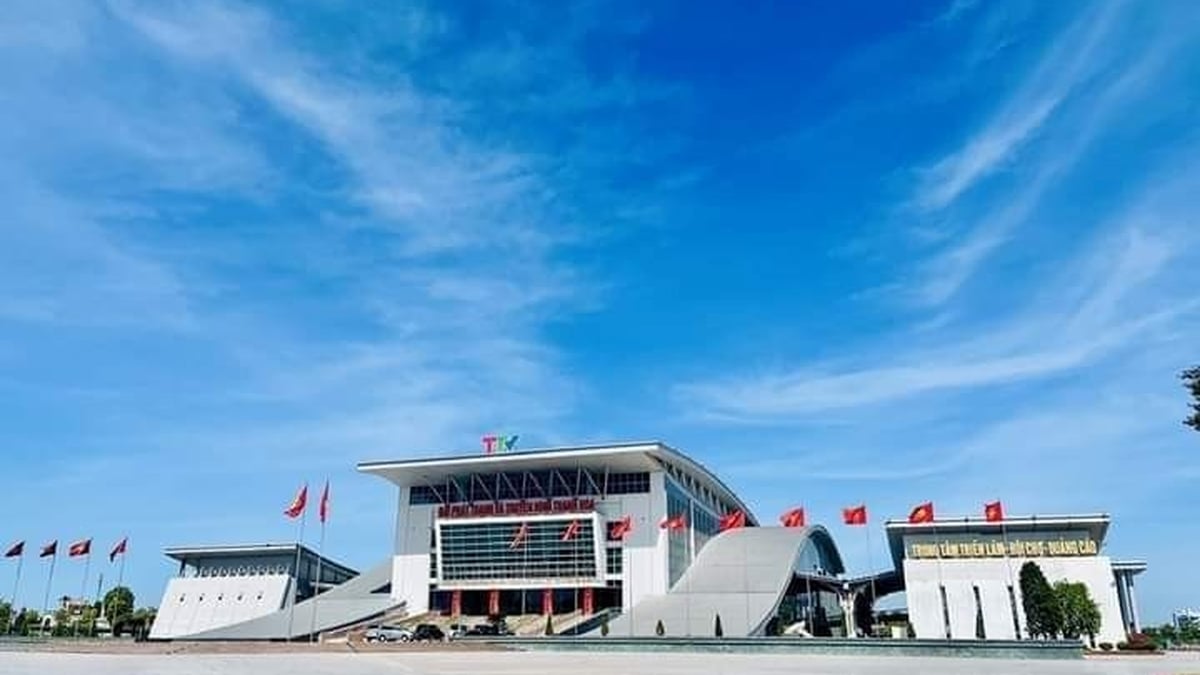
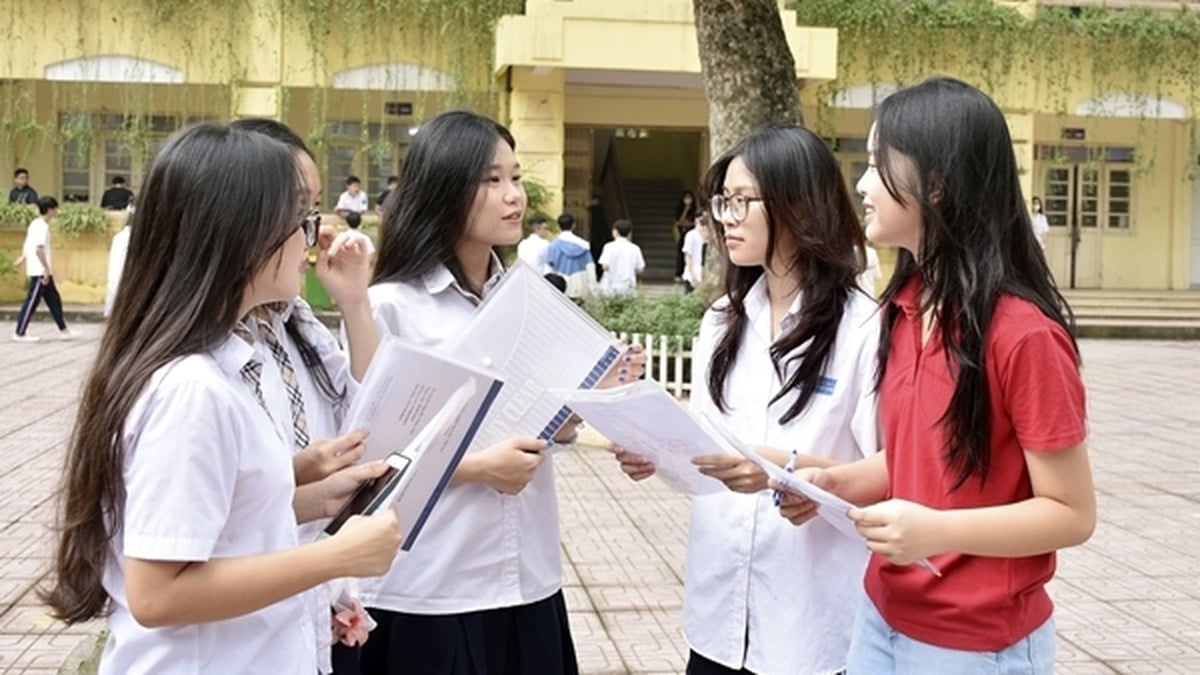

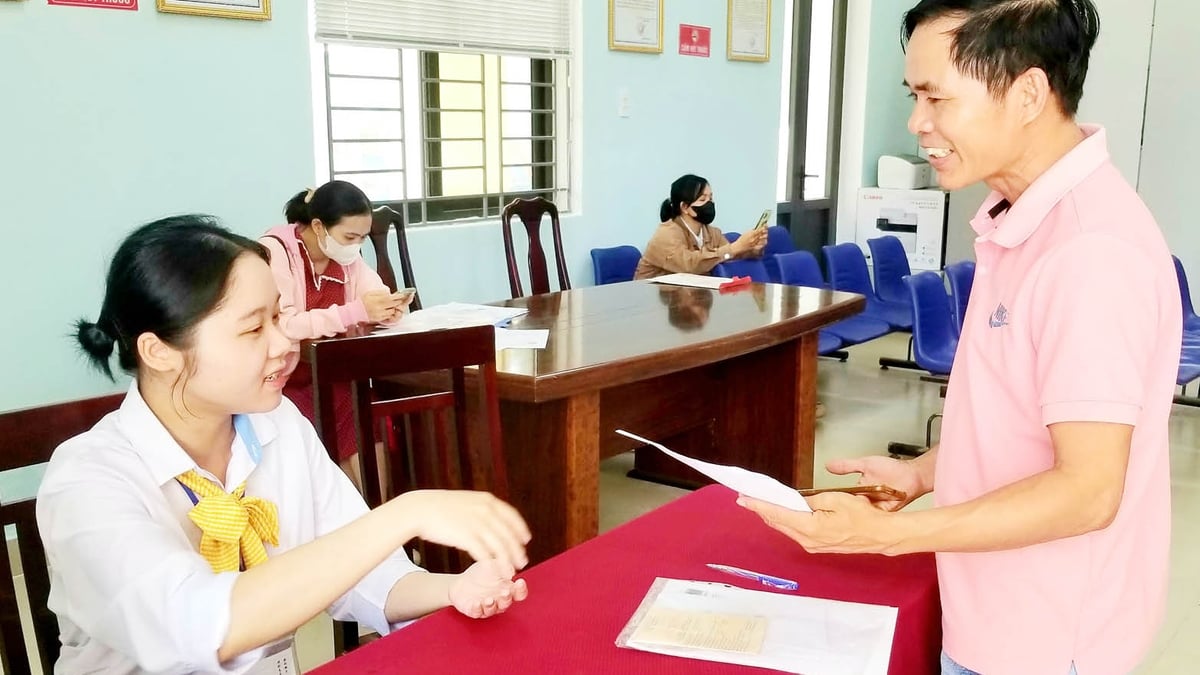

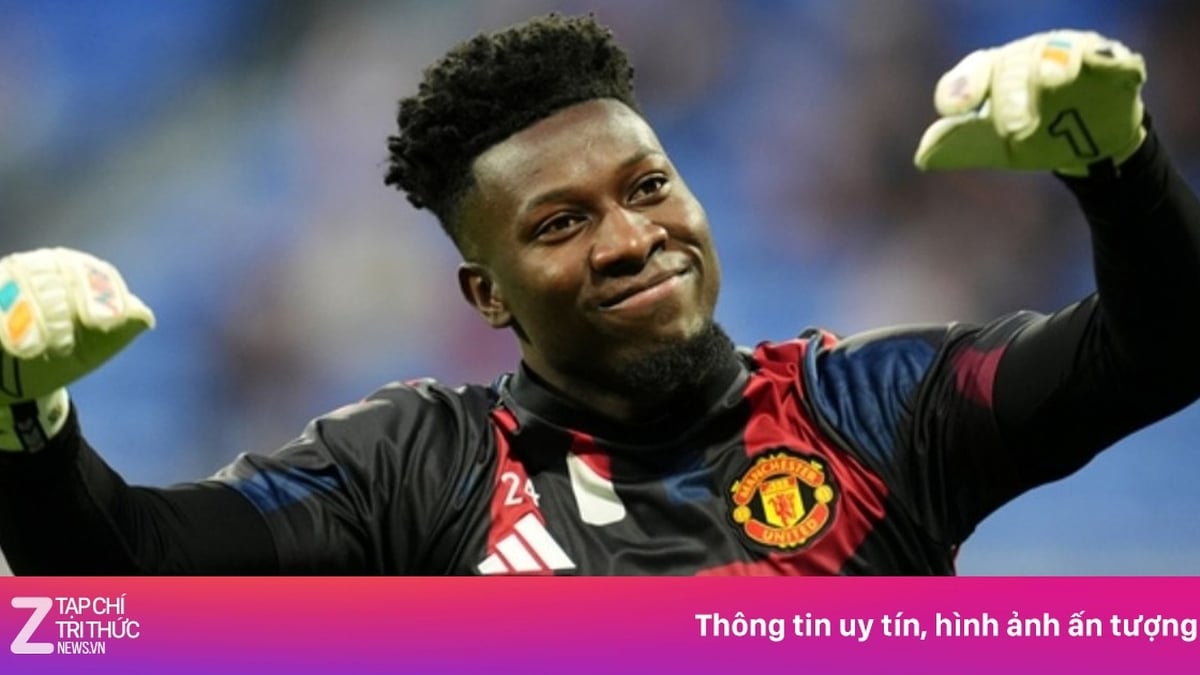
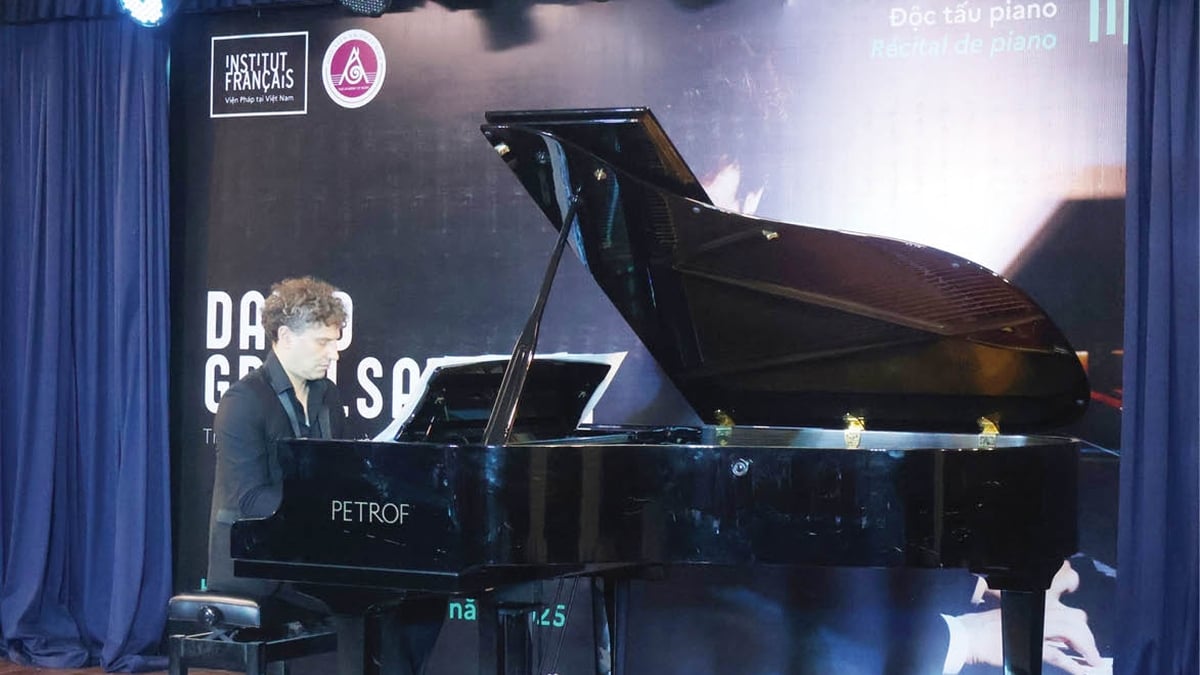

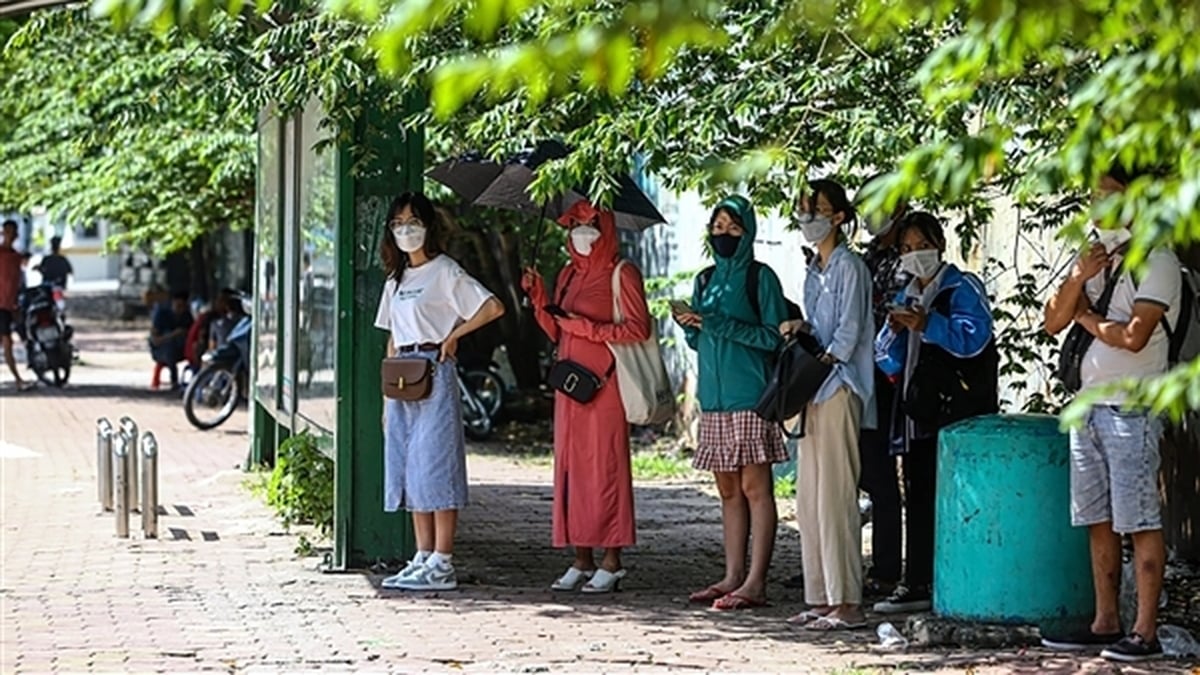


























































































Comment (0)